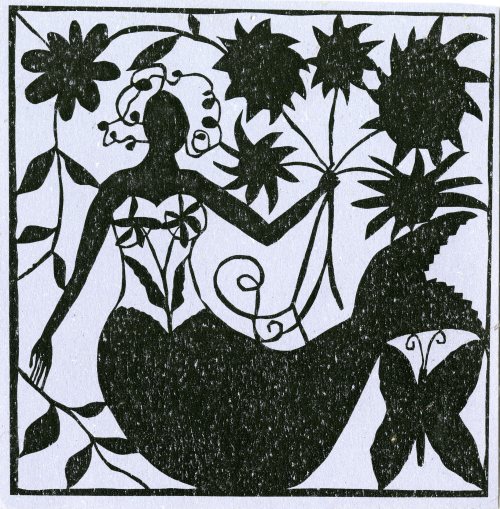I know it sounds almost sacrilegious for a poet to say this, but sometimes I get tired of poetry. Its compression exhausts me, and I long for the expansive qualities of fiction – long, languid prose that I hear in my head with a Southern accent so that each syllable is drawn out, drawled out, in less of a rush. Even in fiction, Hemingway was never my thing; give me Flannery O’Connor every time. I go through phases where all I want is for the words and the world they bring me to unfold slowly.
Then, suddenly, I’ll come on a poem that says to me, “Yoo-hoo, Julie, this is why you love poetry.” Often, it’s a little ditty and not the great, famous poems that call to me that way. For one thing, famous poems rarely say “Yoo-hoo.” They are too solemn for that – at least when I’m in this kind of “Leave me alone” mood – they feel grand and architectural, pillars on the Parthenon. Elegant, accomplished, heady – they are poems to ponder, and when I’m in this mood, they feel ponder-ous. No, the strong, upstanding, built-t0-last poems are not the ones that lure me back to my love of poetry.
It’s the playful little poems, often for children, that find me when I’m hiding and draw me back out into plain sight, out into the fresh air. Here’s one I found last night which did exactly that. When I read it, I heard the roller coaster of poetry going back up, up, up – clackety-clacking. You see, it’s a wooden roller coaster on a boardwalk at the beach, and it’s rickety and makes a lot of noise, and I draw in my breath and get ready to whiz around and be thrilled. Hands up in the air – poetry is not for cowards! And I hear someone shouting up to me from down on the beach, “Julie, is there ANYTHING BETTER THAN POETRY????” And I shout back, “Noooooooooo!” This little ditty did it:
Moon
I have a white cat whose name is Moon,
He eats catfish from a wooden spoon,
And sleeps till five each afternoon.
Moon goes out when the moon is bright
And sycamore trees are spotted white
To sit and stare in the dead of night.
Beyond still water cries a loon,
Through mulberry leaves peers a wild baboon
And in Moon’s eyes I see the moon.
That’s by a poet named Willam Jay Smith, not one of the pillars of the Parthenon, perhaps, but he knows a thing or two about poetry – was Poet Laureate from 1968-1970 – and he is a sturdy wooden strut in my poetry roller coaster.
By the way, it’s Poetry Friday, and if you want to see what people are posting, you can head over to Paper Tigers where Marjorie is in charge of the round-up today.
























